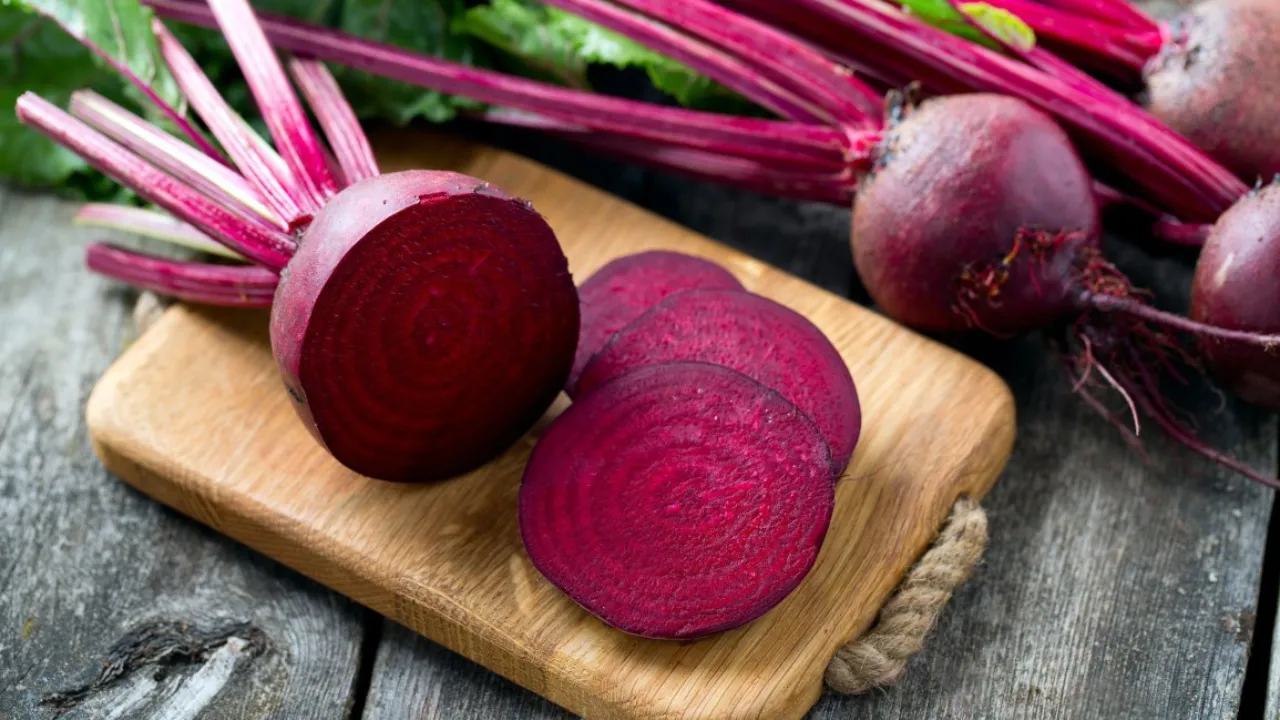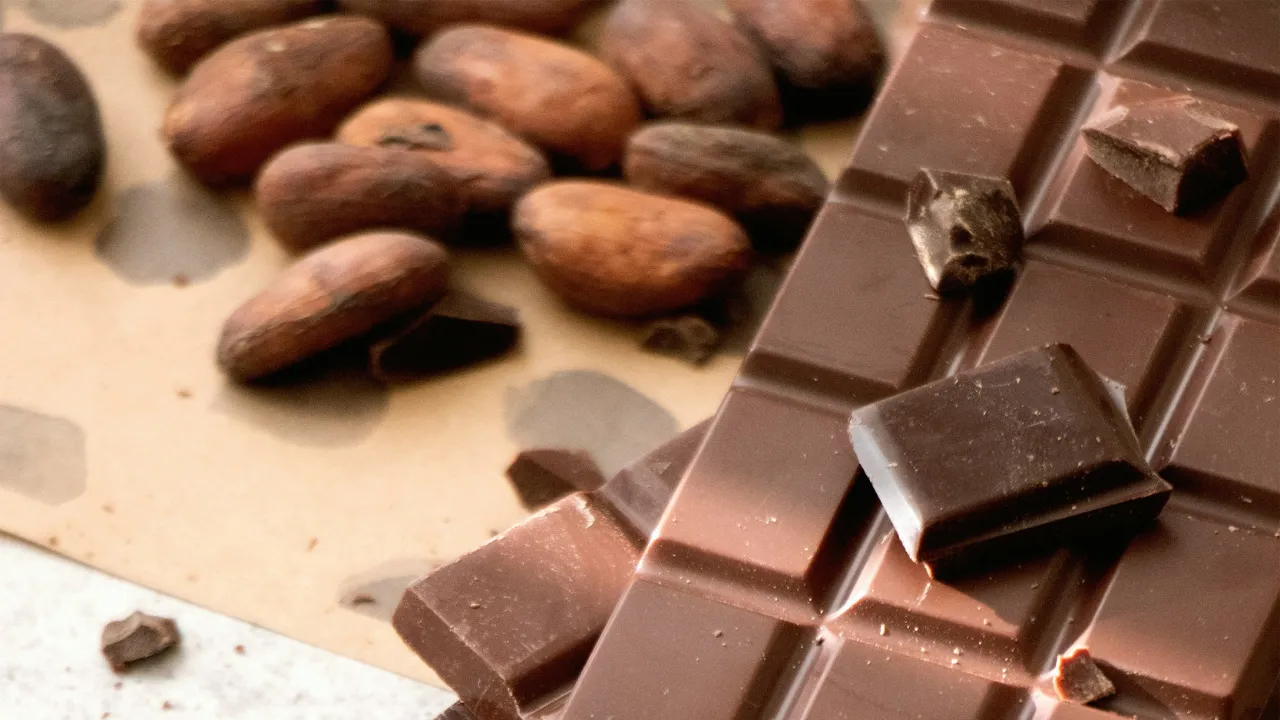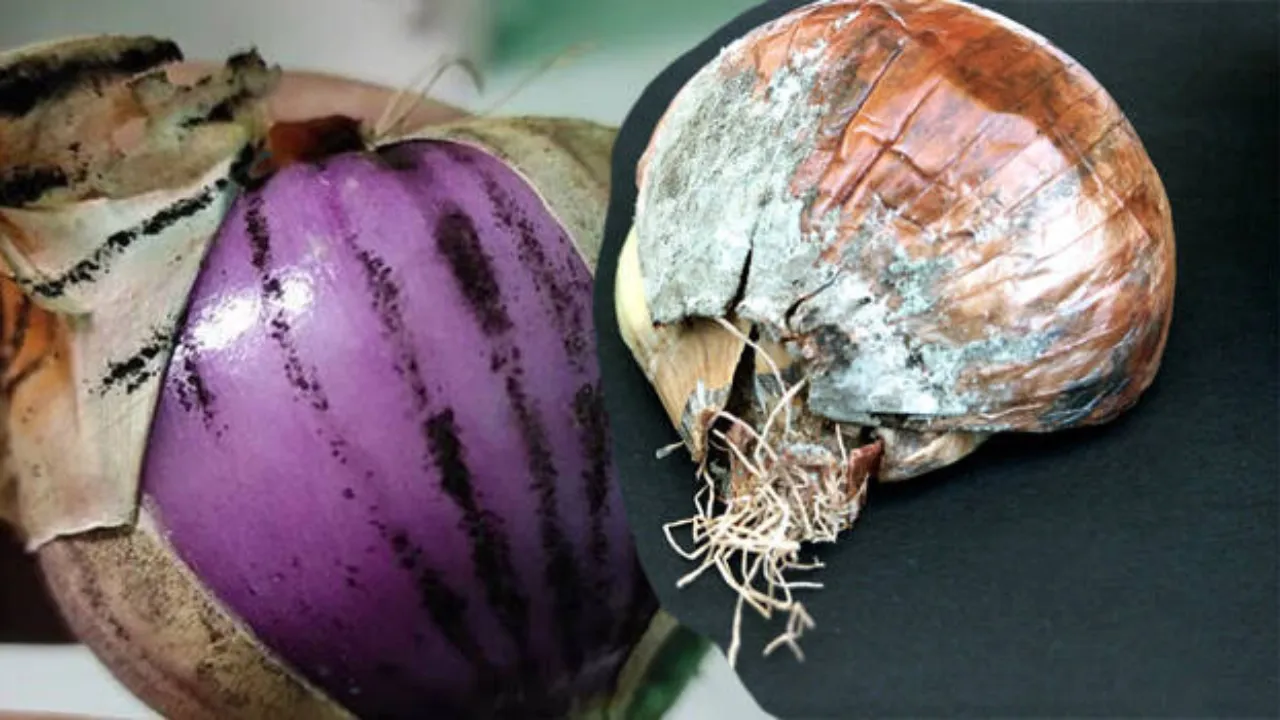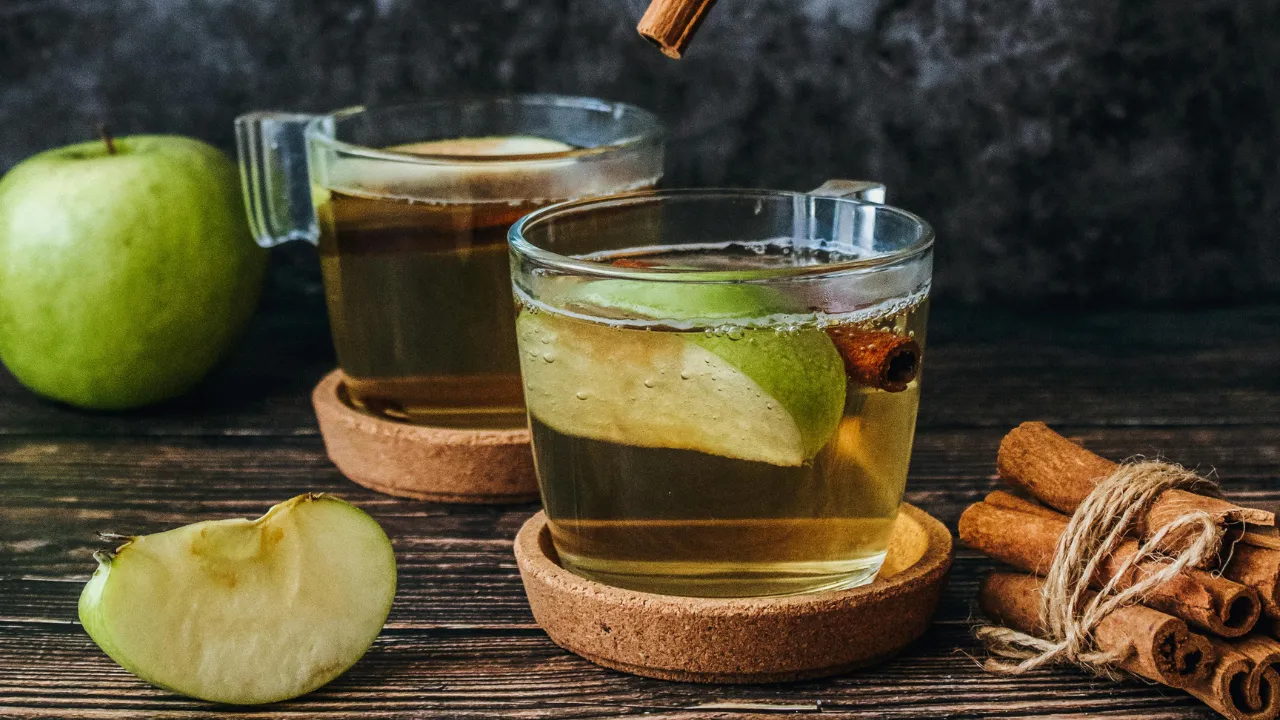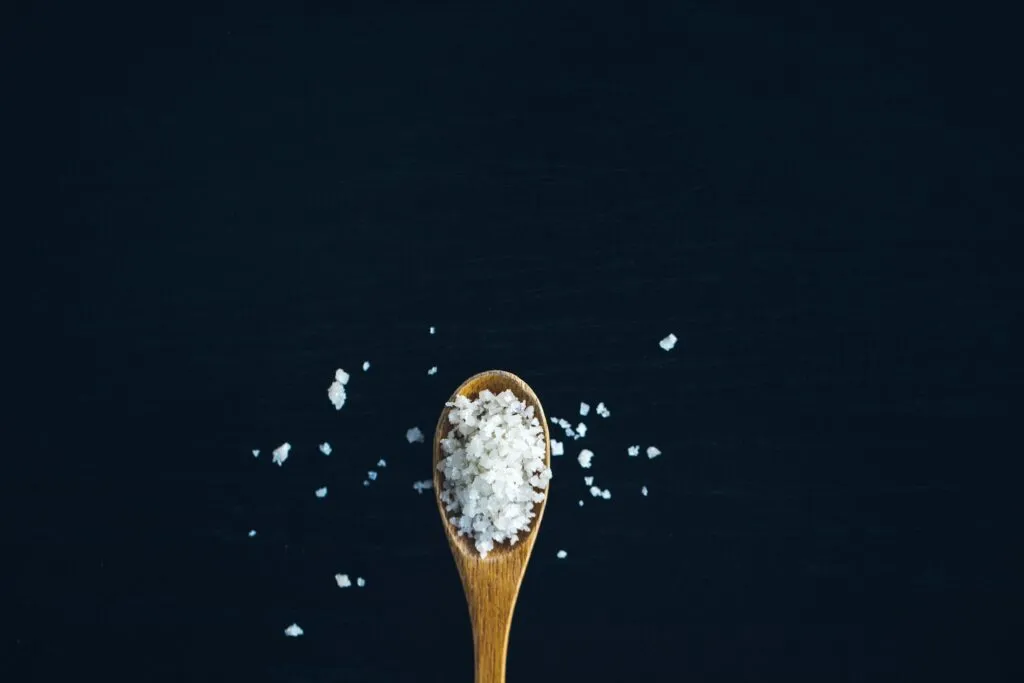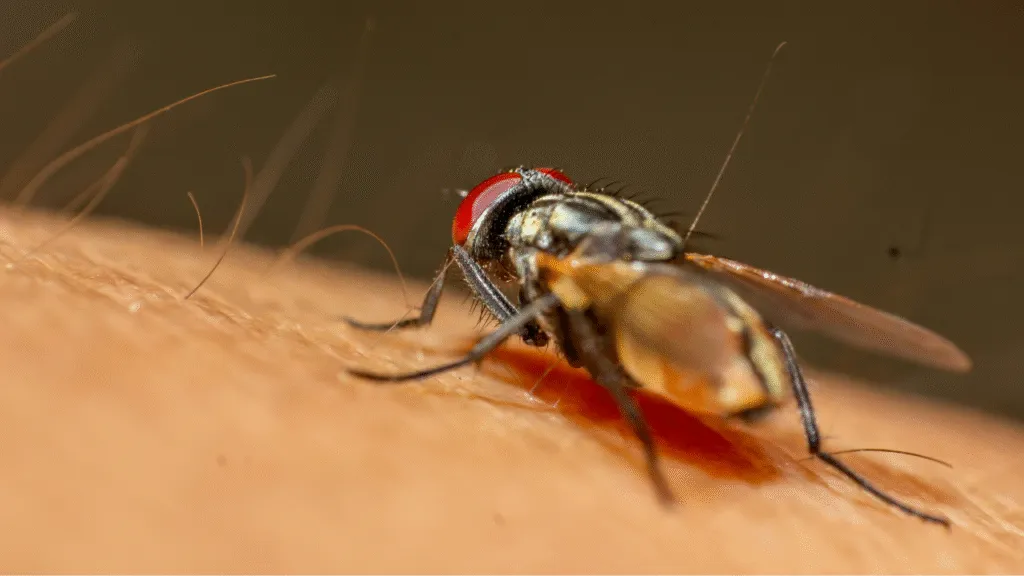Dietitians Explain How Food Changes Can Ease Period Cramps
Period cramps, medically known as dysmenorrhea, affect millions of women worldwide every month. For many, this pain is not just a minor inconvenience but something that disrupts daily life, work, and overall well-being. While painkillers are the go-to solution for most, experts now say that simple dietary changes can make a big difference. Dietitians and gynecologists are increasingly emphasizing that what you eat during your menstrual cycle plays a crucial role in easing cramps, balancing hormones, and reducing inflammation.
Recent studies and health reports from institutions like Cleveland Clinic, Hindustan Times Health Desk, and EatingWell highlight how specific nutrients, anti-inflammatory foods, and even plant-based diets can significantly reduce menstrual pain. Here’s what the latest research and experts have to say.
Understanding the Science Behind Period Cramps
Cramps occur because of prostaglandins, hormone-like substances that trigger uterine contractions. Higher levels of prostaglandins often lead to stronger cramps and more discomfort. That’s where food comes in. Nutrient-rich, anti-inflammatory diets help regulate these hormone levels, relax muscles, and reduce bloating, making periods less painful.
The Role of Nutrients: What Dietitians Recommend
Nutrition experts have identified certain key vitamins and minerals that directly impact menstrual pain relief:
- Vitamin D: Helps regulate prostaglandin production and supports hormonal balance. Many women benefit from higher Vitamin D intake through sunlight, fortified foods, or supplements.
- Omega-3 Fatty Acids: Found in fatty fish like salmon and plant-based sources such as chia seeds and flaxseeds, omega-3s have powerful anti-inflammatory effects and can reduce the intensity of cramps.
- Vitamin E: Rich in sunflower seeds, spinach, and almonds, Vitamin E blocks excessive prostaglandin production and relaxes muscles.
- Vitamin B6: Helps balance estrogen and progesterone, reducing PMS symptoms and cramps. Bananas, chickpeas, and fish are excellent sources.
- Calcium: A well-known muscle relaxant, calcium-rich foods such as leafy greens, dairy, and fortified plant-based milk regulate uterine contractions.
According to a September 2024 report by EatingWell, these nutrients, when consistently included in the diet, significantly improve menstrual comfort.
Anti-Inflammatory Foods: Natural Pain Relievers
Dietitians strongly recommend incorporating anti-inflammatory foods that calm the body and reduce cramp severity. These include:
- Leafy greens like spinach and kale, which are high in magnesium and calcium.
- Fruits and berries, loaded with antioxidants that reduce inflammation.
- Whole grains such as oats and brown rice, which provide fiber and regulate digestion.
- Legumes and nuts, which offer plant-based protein, B vitamins, and healthy fats.
- Herbal teas like ginger, chamomile, and peppermint, known for their soothing and muscle-relaxing properties.
On the other hand, processed foods, red meat, refined carbs, fried snacks, and excess caffeine can worsen cramps by increasing inflammation and bloating. Cleveland Clinic experts recommend cutting back on these to experience visible improvements.
Plant-Based Approach: What Studies Reveal
Several studies suggest that shifting towards a more plant-based, low-fat, high-fiber diet helps reduce cramps and PMS symptoms. Fiber aids in eliminating excess estrogen from the body, while plant-based meals lower the intensity of uterine contractions.
One notable study showed that women who followed a vegan diet reported less pain, reduced water retention, and improved moods during their cycle. This aligns with findings published by the Physicians Committee for Responsible Medicine (PCRM), which emphasizes the role of plant-based eating in hormonal balance and inflammation control.
Research-Backed Dosages and Guidelines
- Omega-3 fatty acids: A meta-analysis suggests that consuming 300–1,800 mg per day for 2–3 months reduces both period pain and the need for painkillers.
- Hydration: Drinking enough water prevents bloating and supports healthy digestion.
- Probiotics: Yogurt, kefir, kimchi, and other fermented foods improve gut health and ease digestive discomfort often linked to periods.
- Avoid caffeine and salty foods: Both can worsen bloating and cramps by causing dehydration and water retention.
Bowel Issues During Periods: A Hidden Link
A recent Times of India health feature explained how many women experience digestive issues like constipation, bloating, and diarrhea during their periods. Experts recommend increasing fiber, staying hydrated, and including probiotics to keep the gut healthy. Avoiding fried foods, spicy snacks, and excess caffeine can also minimize discomfort.
What to Eat vs. What to Avoid
| Foods That Help | Foods to Limit or Avoid |
|---|---|
| Leafy greens (spinach, kale, broccoli) | Processed foods and fried snacks |
| Fatty fish (salmon, sardines) | Red meat and excess dairy fats |
| Nuts & seeds (flaxseed, chia, sunflower seeds) | Sugary foods, sodas, refined carbs |
| Bananas, chickpeas, legumes | Excess caffeine, alcohol |
| Whole grains (oats, brown rice, quinoa) | High-salt foods |
| Dark chocolate (in moderation) | Junk food and sweetened beverages |
| Herbal teas (ginger, chamomile, peppermint) | Energy drinks and soda |
| Probiotics (yogurt, kefir, kimchi) | Low hydration levels |
Expert Opinion: Food as a Long-Term Solution
Gynecologist Dr. Deepika Aggarwal, in her recent health interview with Hindustan Times, emphasized that food choices should not just be reactive but preventive. “A balanced, nutrient-rich diet doesn’t just ease cramps—it improves overall hormonal health and makes the menstrual cycle more manageable in the long run,” she explained.
Similarly, nutritionists highlight that building healthy eating habits throughout the month is more effective than making sudden changes only during the period. Consistency is key to seeing noticeable results.
Conclusion
Period cramps may be unavoidable, but their intensity can be reduced significantly by making mindful food choices. A diet rich in anti-inflammatory nutrients, plant-based meals, hydration, and gut-friendly foods can serve as a natural remedy, minimizing reliance on painkillers.
The latest research and expert opinions make one thing clear: diet is not just about weight management or fitness—it’s a powerful tool to manage menstrual health. By listening to dietitians and incorporating the right foods, women can experience more comfortable cycles and improved overall well-being.
Also Read: Mohan Bhagwat’s 3-Child Call Sparks National Debate!








